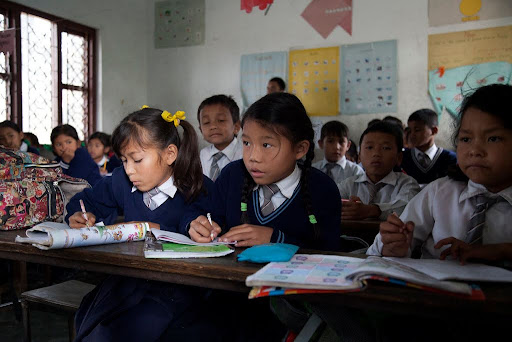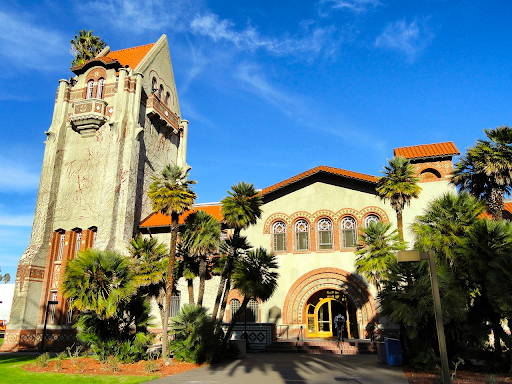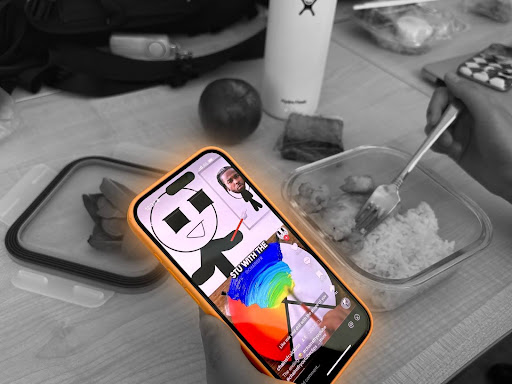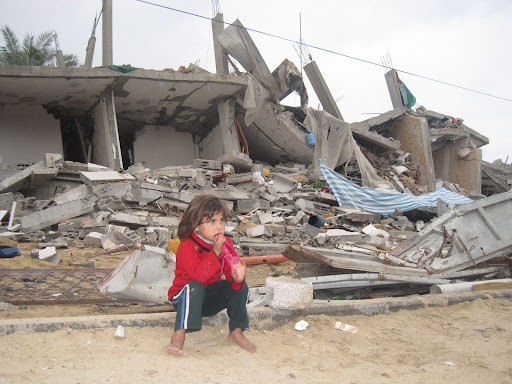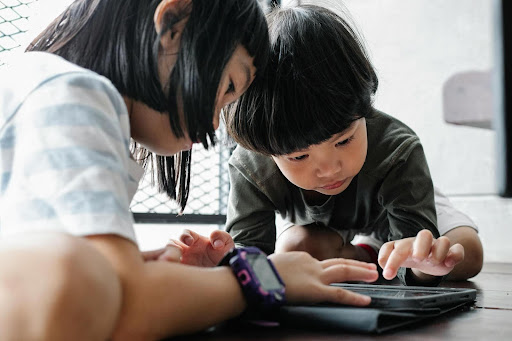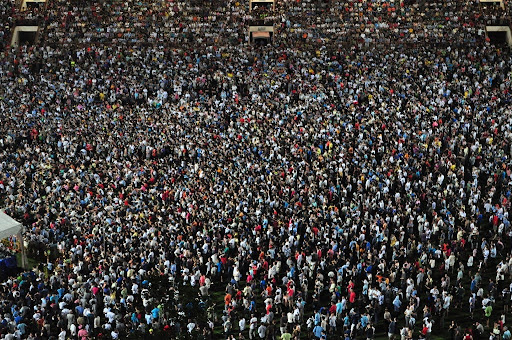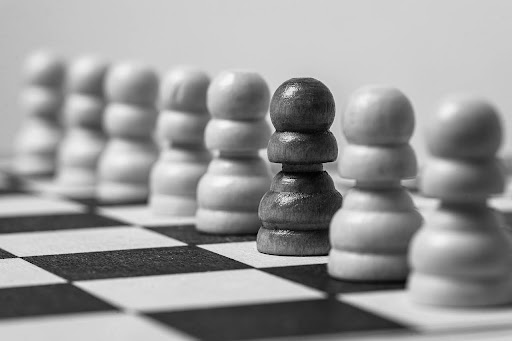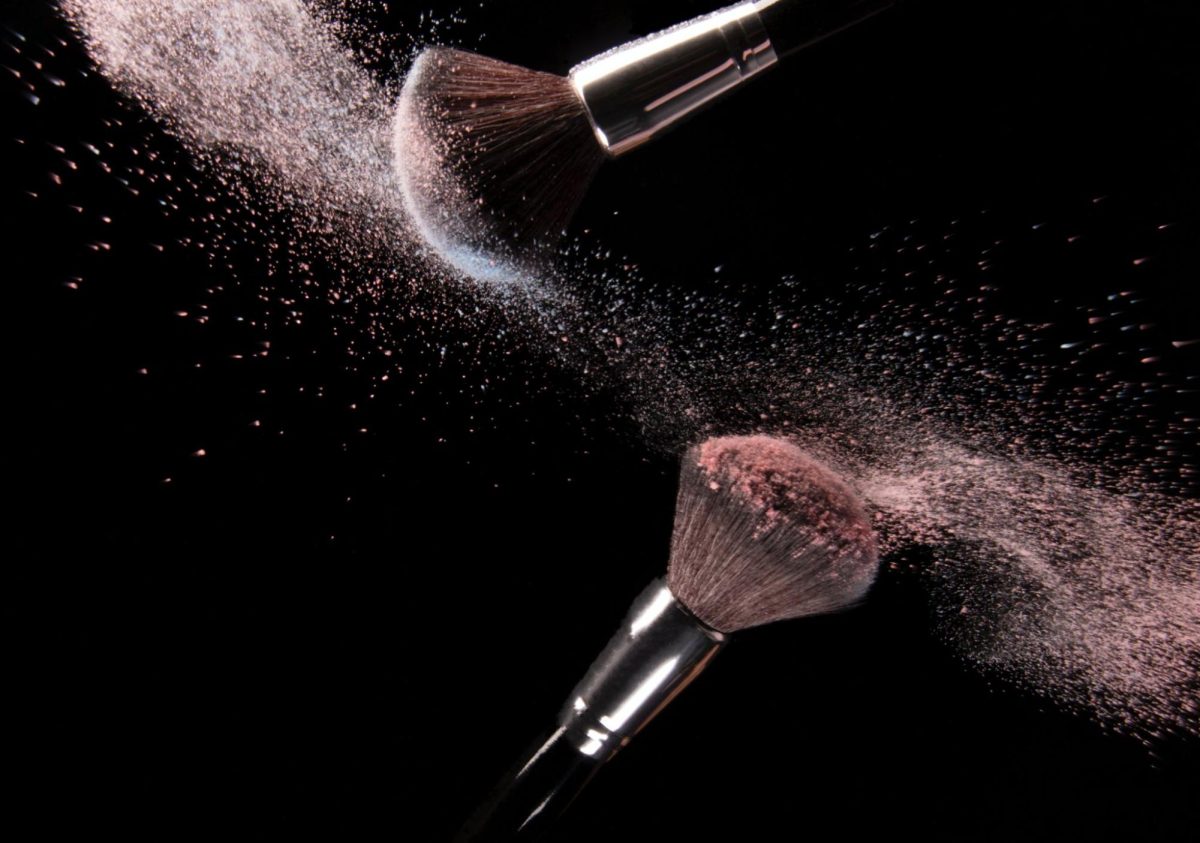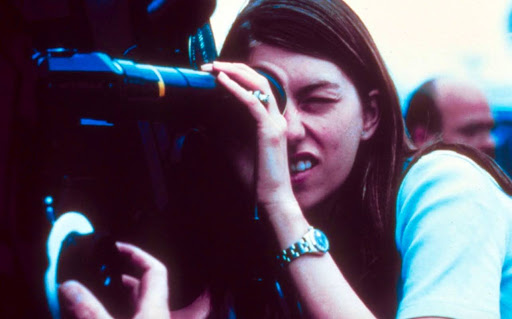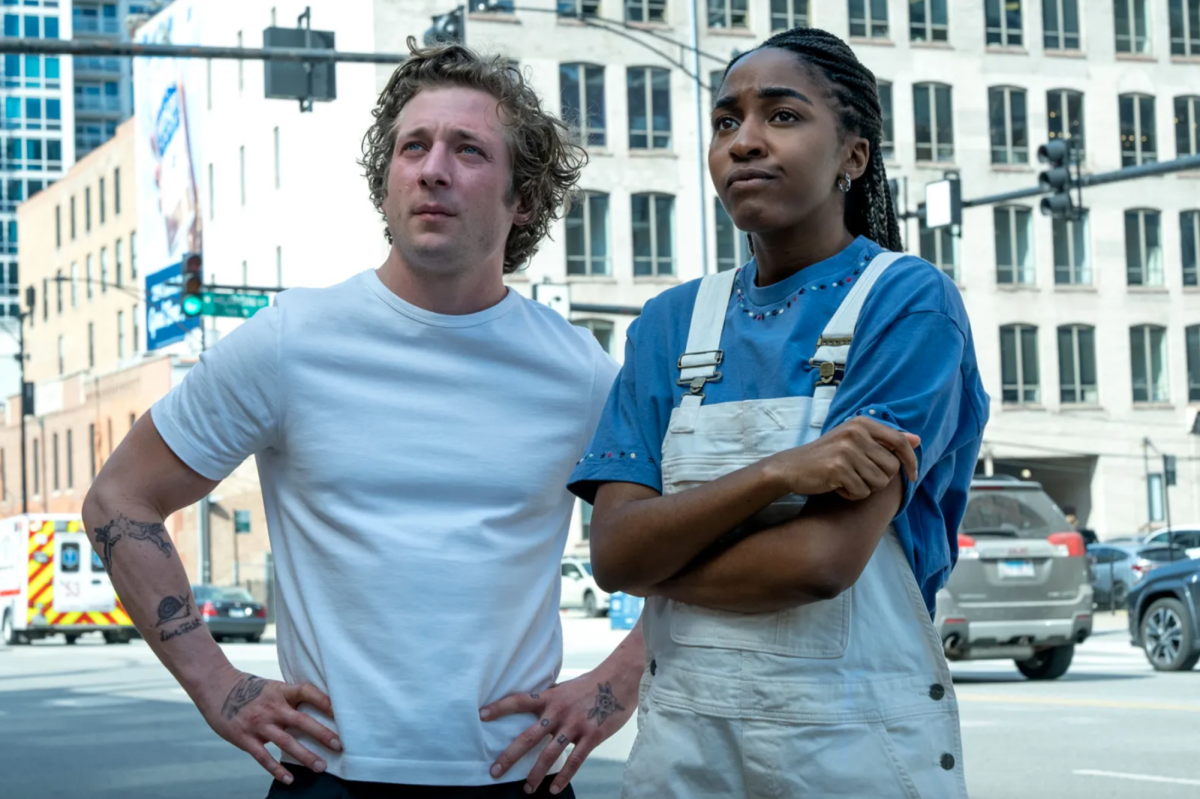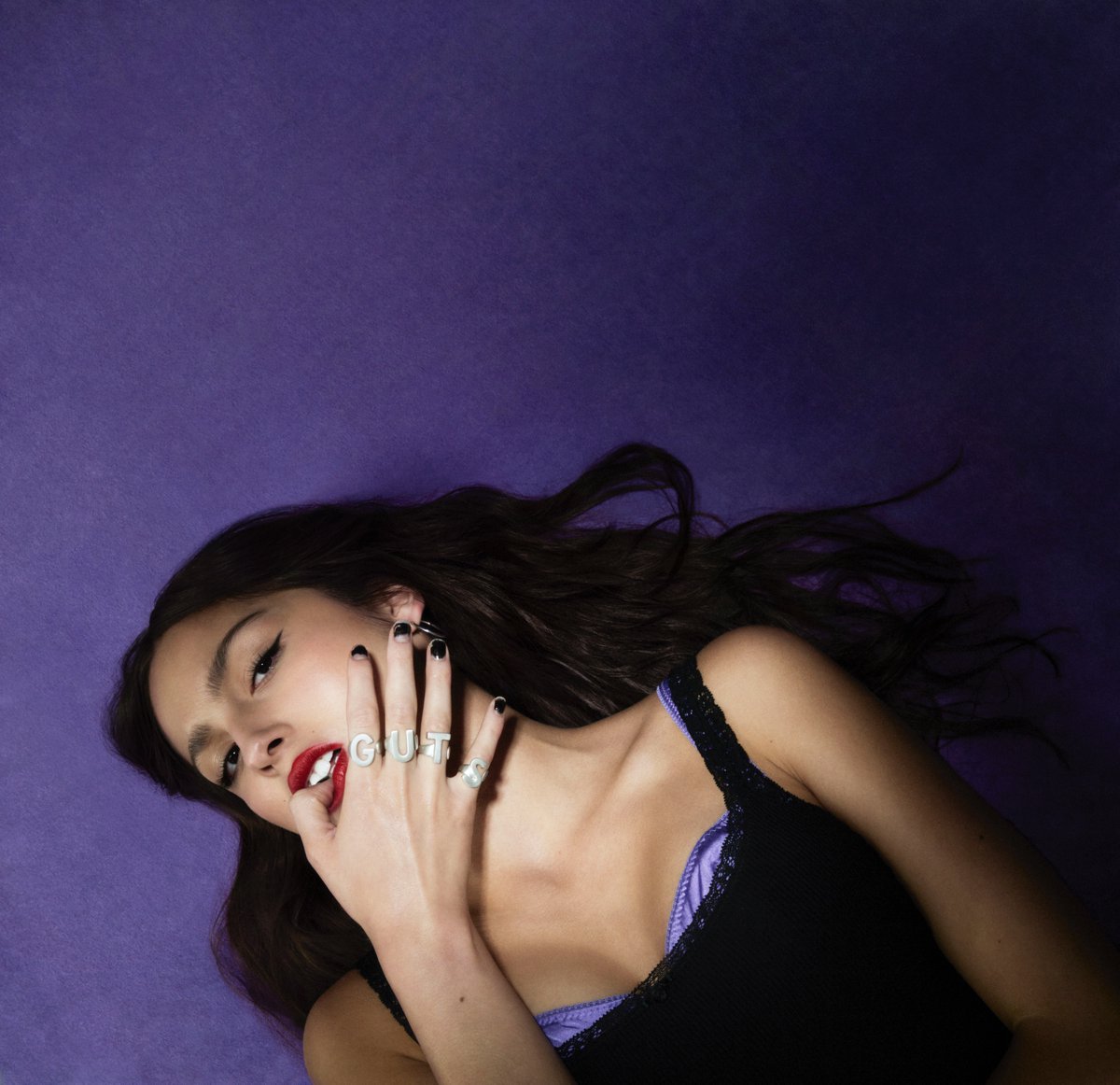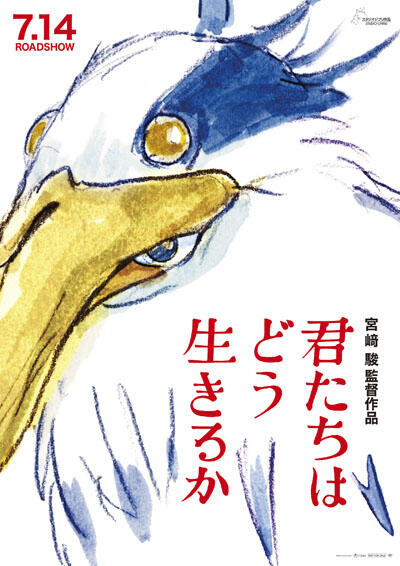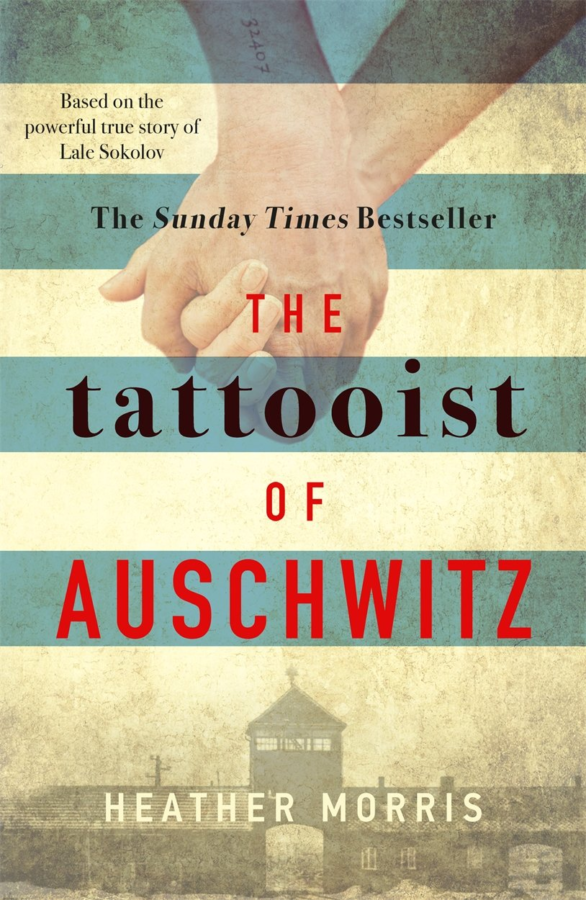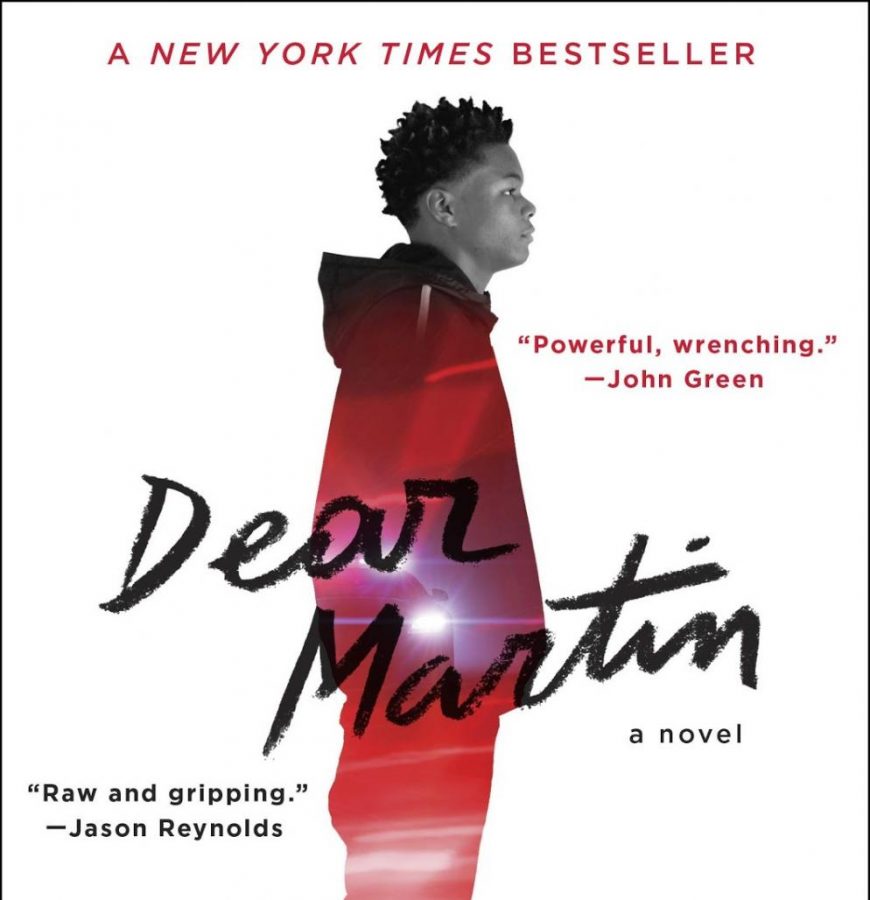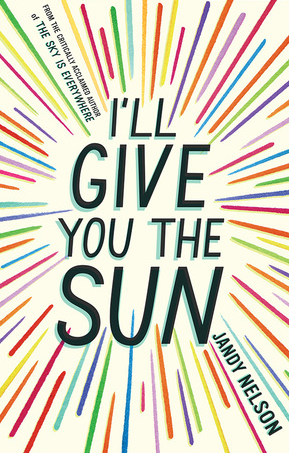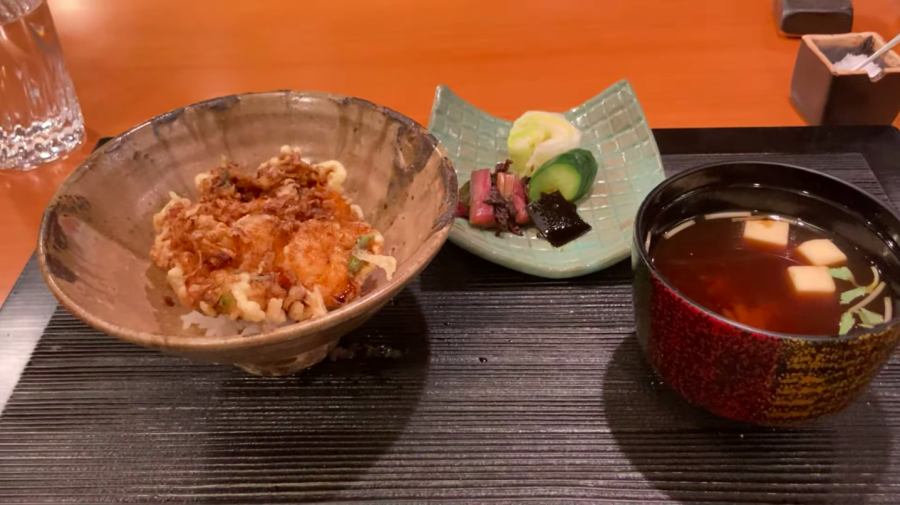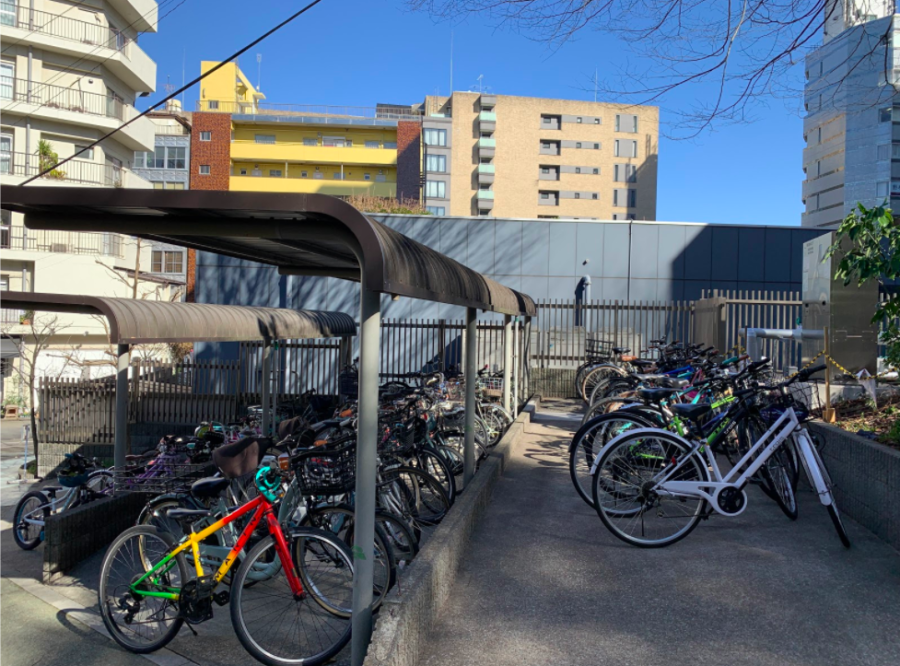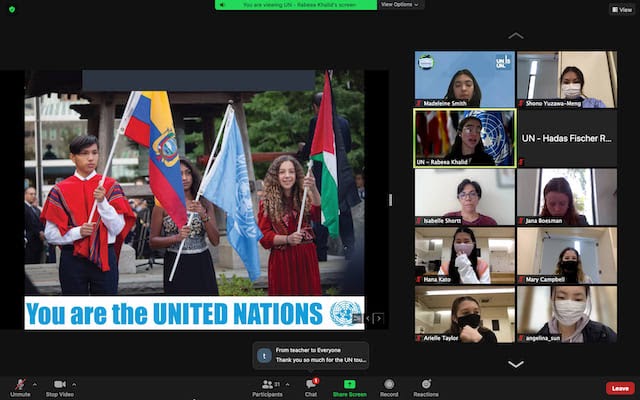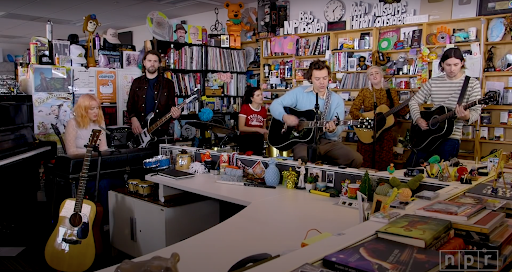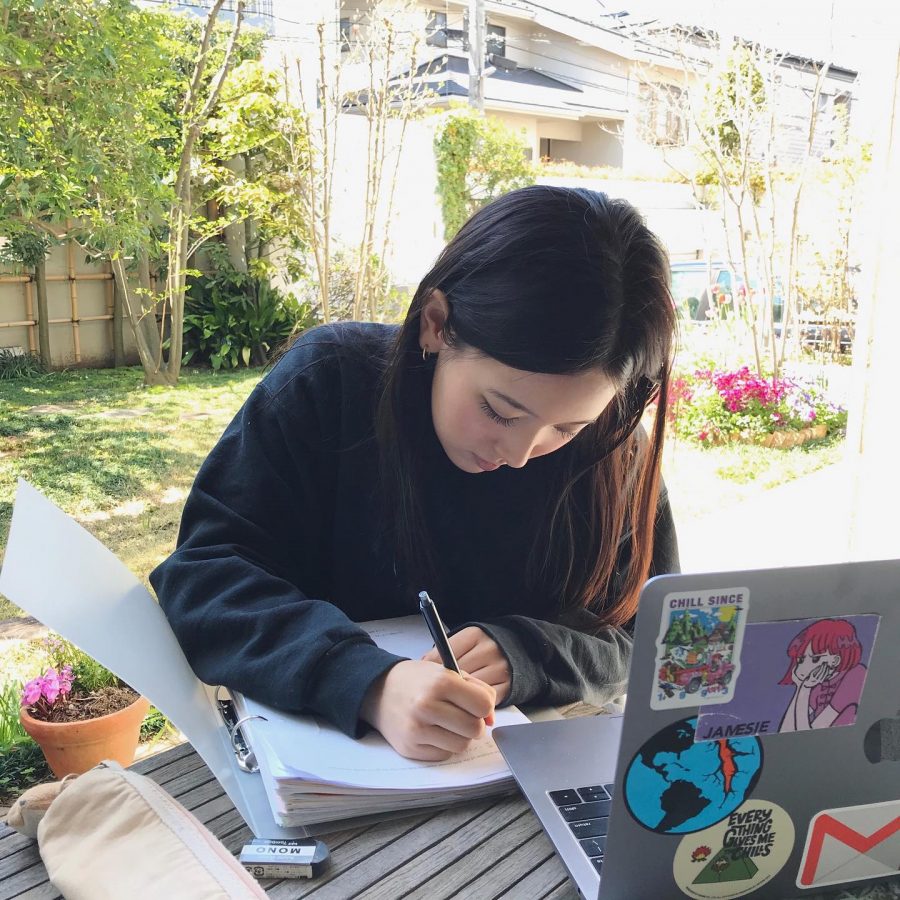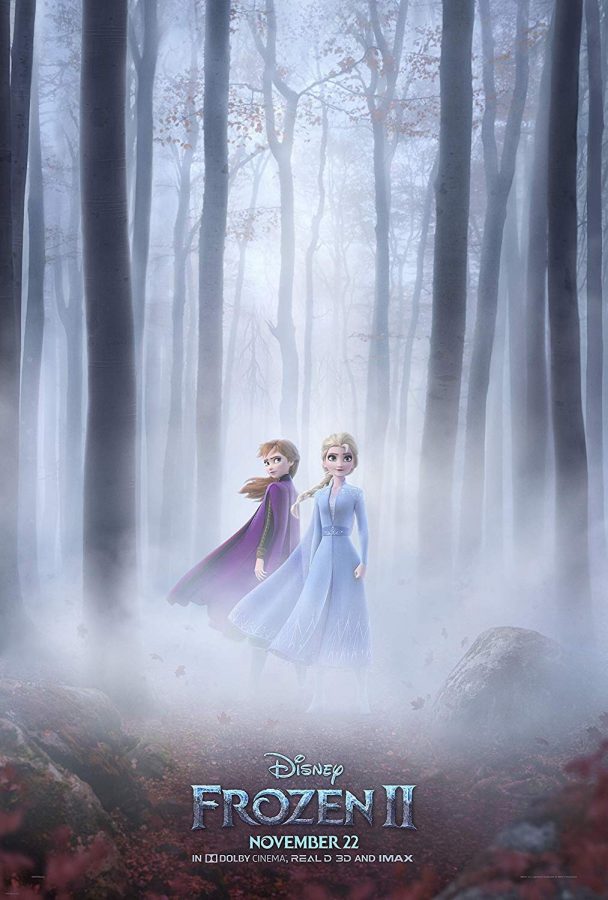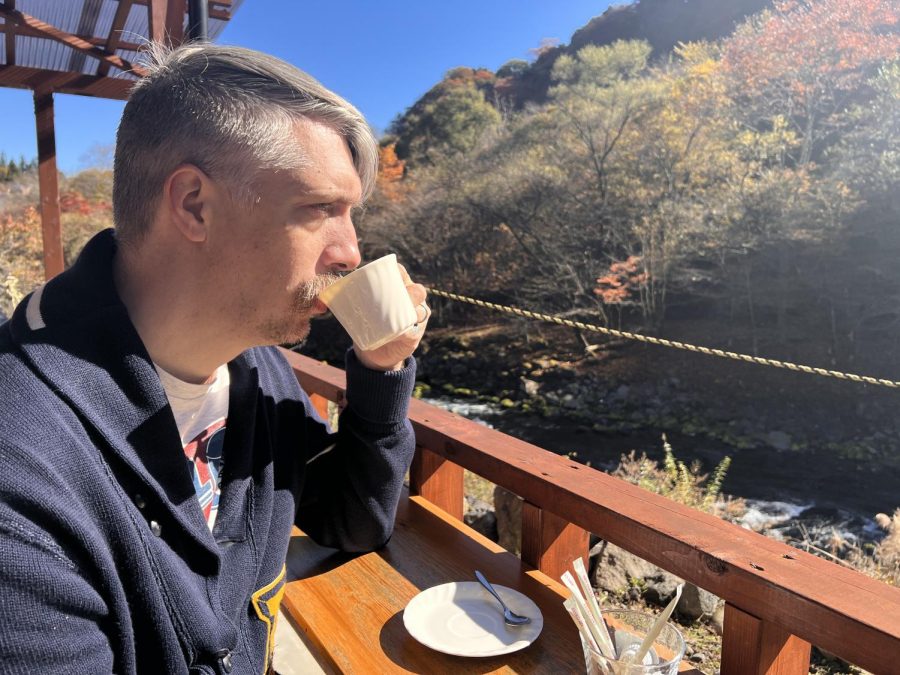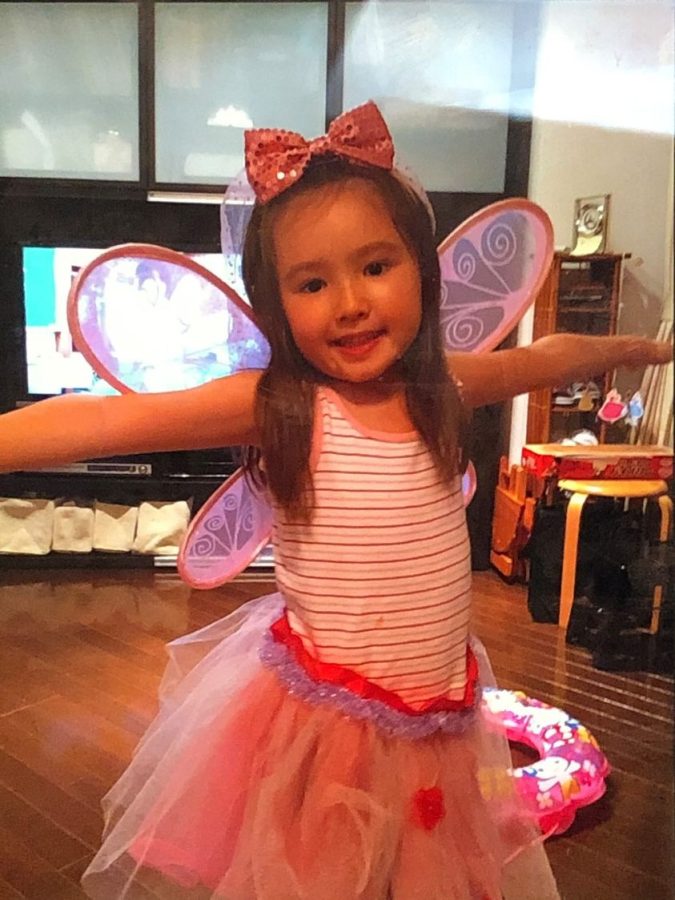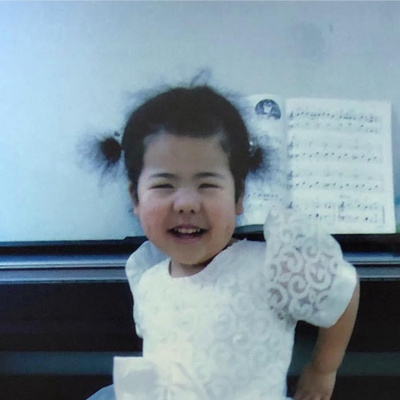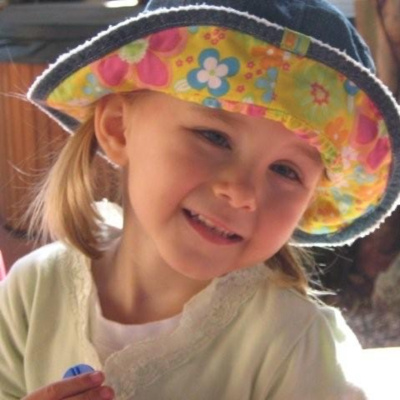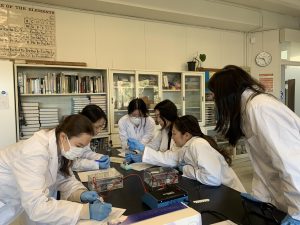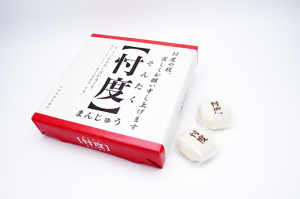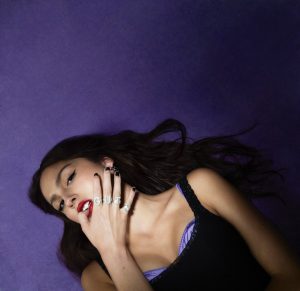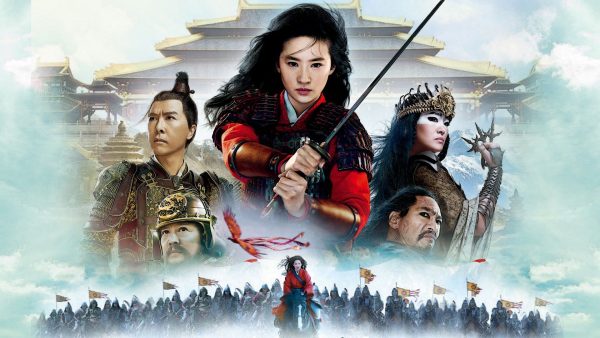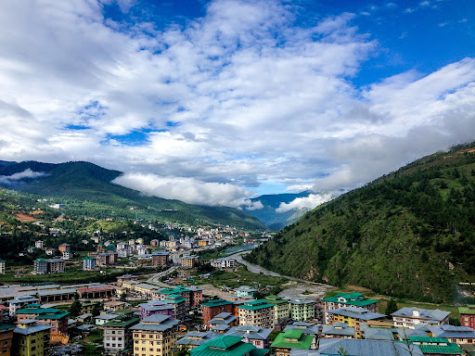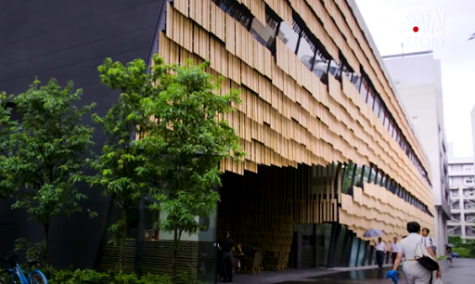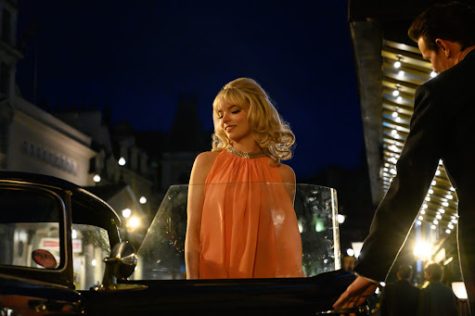Remembering the 2020 Olympics: the startline to a new society
December 1, 2021
British diver Tom Daley knitting a pouch on the bench was not something we expected to see during the Olympics. Nor did we expect a new sport, skateboarding, to rise in popularity with the podium conquered by young female athletes. Most importantly, we didn’t expect to see athletes from more than 200 countries compete in the middle of a pandemic. When the International Olympic Committee (IOC) announced that the Tokyo 2020 Olympics would be taking place this year, it sparked a heated debate. Nonetheless, the 2020 Olympics were held during the pandemic following strict COVID-19 guidelines. They also came with outstanding records of being the first gender-balanced Olympics and the largest number of LGBTQ+ athletes in history. The 2020 Olympics brought a beam of hope during these dark times through the joyous games broadcasted throughout Japan.
In the midst of bleak ambiguous times, the 2020 Olympics filled the viewers’ summers with exhilarating moments that left audiences on the edge of our couches at all times. The efforts and joys of athletes could be felt through the TV screen, but the empty bleachers made the stadiums look lonelier than they would have with live audiences. Of course, if it weren’t for the efforts and strict regulations made by the Olympics Committee, the event itself would not have been held. Behind the scenes of the empty bleachers, there were many impressive COVID-19 precautions that were followed in order to keep both the athletes and the people of the host country safe.
The Bureau of Olympic and Paralympic Games Tokyo 2020 Preparation developed guidelines from general associates for athletes and coaches on their website in a clear infographic. In the Tokyo 2020 Playbooks, athletes had fixed transportation and were required to download specific applications that helped them track any risks of COVID-19 transmission during their stay. Not only were spectators not allowed in the stadiums, but many events also took place away from the metropolitan areas of Tokyo.

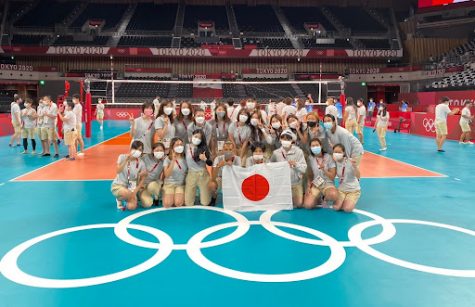
Were all of these precautions actually effective? Although the increase in cases did not stop, the increase was unrelated to the athletes but more related “to the lack of government action and public response,” stated Hana (‘22) in her article: “2020 Games showcased the importance of collective compliance”.
Three alumni from Sacred Heart: Alisa (‘20), Karin (’20), and Erisa (‘20), had the opportunity to intern at the 2020 Olympics. The application process, training, and actual work followed strict COVID-19 precautions as well. Karin (‘20) stated that only surgical masks were permitted and N95 masks were provided specifically for interns to reduce transmission between them and the athletes. Interns were provided early vaccinations, daily PCR tests, and temperature checks. “I felt a lot safer and more protected than my everyday life,” she said, recalling the strong friendships and memories she made during this once-in-a-lifetime event.
As a ‘global event’ has the 2020 Olympics actually accomplished its association with the universality of sports? Despite its globally diverse participants, balance in gender ratio in the Olympics was always an issue. However, the 2020 Olympics was one of the first games where this advancement towards diversity was seen clearly. An article by Vogue Japan published in August reported that 49% of all athletes were female. Although the gender gap in sports still remains, we are taking the first step to breaking the mold, giving young girls the confidence to take steps to pursue sports.
Along with this progression, the highest number of people identifying as part of the LGBTQ+ were recorded in the 2020 Olympics. According to The New York Times, at least 185 Olympians publicly identify as part of the community, which was triple the number of the Rio 2016 Olympics. Daley, who identifies as gay, said in an interview with The New York Times that, “I never thought I would be able to do anything because you don’t see yourself represented in that way.” The 2020 Olympics was the first Olympics that truly opened a path to a more accepting and diverse world. “This could continue to help open doors for others to follow,” said Prasha (‘22) in her article “The International Olympics Committee (IOC) should stand by LGBTQ+athletes.” Alisa (‘20) said via an email, that the 2020 Olympics were a way to “learn to celebrate diversity and to embrace people as people regardless of their nationality or background.”
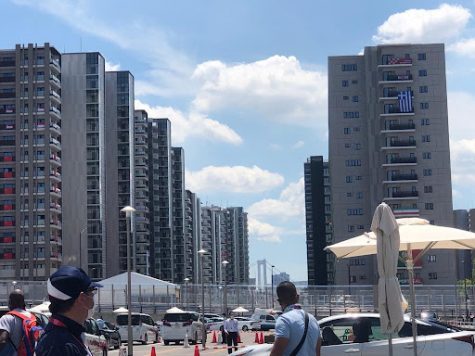
(Photo credit: Khwaish (‘24))
Putting aside all of the controversies and political opinions, did the public enjoy the Olympics? “The Olympics gave us a precious opportunity to celebrate and enjoy, as well as a sense of unity through sports during a time when people literally had to maintain distance,” said Alisa (‘20).
Though many were against the idea of holding the 2020 Olympics due to concerns regarding the current pandemic, changes in opinions were seen once the event officially began. The PR Times surveyed families with younger children in Japan and received 290 responses. 82.1% said they watched the 2020 Olympics as a family; events like soccer and swimming were most commonly watched. 33.1% noticed changes in their children’s behaviors, stating that the 2020 Olympics sparked interest in different sports as well as taught and encouraged children about perseverance and empathy. In a survey answered by Sacred Heart High school students, with a total of 86 responses, 41.2% responded that they believed the 2020 Olympics should not have taken place or should have been postponed. Out of the 41.2%, roughly 30% said their opinions changed after the event actually started. A high school teacher who responded to the survey stated, “until the games began, I had forgotten how valuable the 2020 Olympics can be for providing inspiration at various levels and positivity between the athletes, regardless of the country they were representing.”
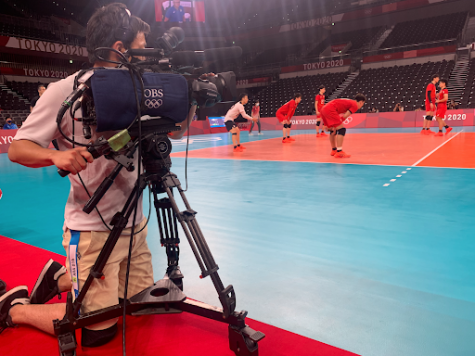
The 2020 Olympics was a step towards the future, giving us many “firsts” and a future with new possibilities, we hadn’t seen before. With careful COVID-19 precautions, the 2020 Olympics was able to be held safely during a global pandemic. The increase in the involvement of the LGBTQ+ community and higher gender balance in the 2020 Olympics also showed that our society is moving in the right direction. The Olympic Charter states that the Olympic games are a way of celebrating the “service of the harmonious development of humankind” and the 2020 Olympics did just that. Joining 8 billion people around the world, the Tokyo 2020 Olympics will be remembered as the time the world united during a universal crisis.

